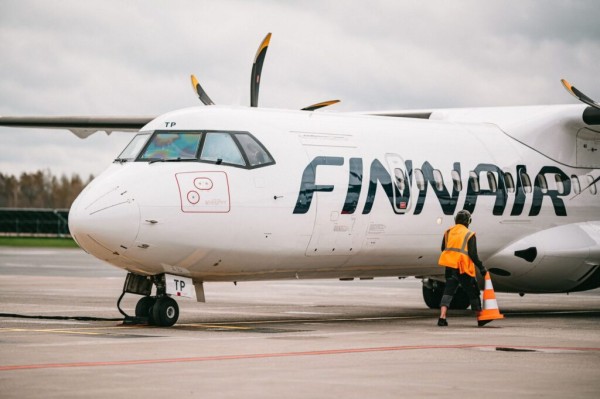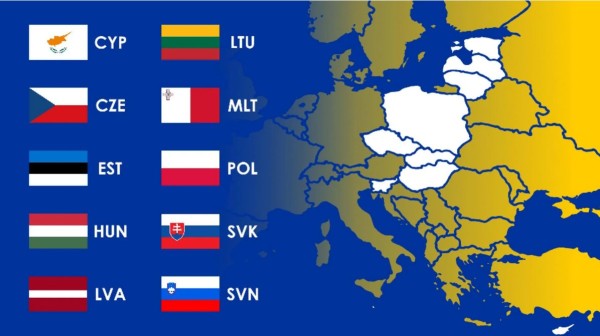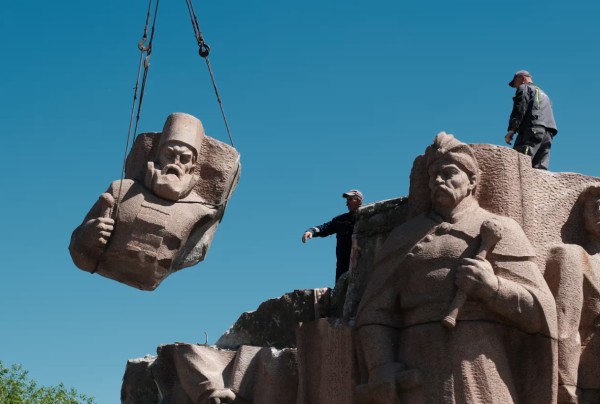(The following is a condensed translation of an article by Andrei Illarionov, from 2000-2005 Vladimir Putin’s economic counsellor, now the president of the Economic Analysis Institute.)
Russia is currently an “outsider” nation if measured by the quality of important public institutions. Russia ranks 158-159 out of 187 countries in a rating of political rights and individual freedoms. This places the country at the same level as Pakistan, Swaziland and Togo.
In comparing freedom of the press, Russia places 147th out of 179 countries. Rating absence of corruption Russia is 123rd out of 158 states.
A “power state” legalizes violence in society. In terms of homicide per 1000 residents, Russia stands 7th out of 112, placed between Ecuador and Guatemala.
How does one perceive the increases in finances and personnel of the “power structures” of the state – the armed forces, police and clandestine services? Does this not indicate a strengthening of the state?
But a toughening of the “power structures” (national security, public order) does not necessarily mean the strengthening of public institutions. Fortifying “power structures” causes the opposite – public institutions weaken as witnessed in Somalia, Afghanistan, Iraq, Sudan, Cuba and North Korea.
Perhaps Russia’s weak public institutions derive from the disintegration and chaos of the 1990’s. This is a myth. Public institutions have deteriorated noticeably in the most recent years.
In 1998 the OECD (Organization for Economic Co-operation and Development) rated Russia’s individual freedoms at 58% of the median of OECD countries. By 2002 this had fallen to 47% and after the destruction of Yukos and the arrest of Lebedev and Khodorkovsky had dropped to 37% in 2006.
Similar substantial deteriorations in ratings of freedom of the press, political rights, corruption and protection of property rights in Russia have also been witnessed.
Foreign relations have also suffered. Formerly friendly countries have all but abandoned Russia as an ally. The Russian leadership meets with their international counterparts nearly half as often as in the past. This means failure in foreign policy.
The economy has shown growth, but not as much as during the 1999-2000 period. This is mainly the result of a three-fold increase in oil prices. But what occurs when oil prices fall? Whereas only two former Soviet states were ahead of Russia in economic growth in 1999-2000, now a full 12 hold those positions.
This proves that freedom, both economic and political, is a much faster guarantor of national wellbeing rather than tyranny, even in countries with abundant natural resources.
The proponents of Russia’s “power structures” promised the acceleration of economic growth, but the opposite is true. Russia’s most urgent responsibility is to replace the country’s “power structure” model.
Model of a “power state” (2)
Archived Articles | 20 Apr 2007 | Estonian Central Council in CanadaEWR
Viimased kommentaarid
Kommentaarid on kirjutatud EWR lugejate poolt. Nende sisu ei pruugi ühtida EWR toimetuse seisukohtadega.
I think the whole point of the article is to show that it was one of Putin's closest and most important advisers who sees the abscence of democracy and the comparitive deterioreation of the Rissian economy as the army, police and secret services get the boost in size and importance. It's not written by a westerner.
Unfortunately, it is almost impossible to predict an improvement in the power structure of the Russian system. At the same time articles like these tend to be fairly one-sided. If you read Foreign Affairs, for example, there are more likely to be glowing accounts of the rapid rate of economic progress taking place in Russia today. There are quite a good number of comparable workplace sectors compared with Estonia, where wages are in fact considerably higher than here. Russia also has the enormous advantage of natural resources to an extent which far outstrips her European neighbours. And this is a worry for the EU....a worry which is complicated all the more by the strengthening of the FSB and other social control mechanisms. . All in all Russia has many advantages which can be overlooked by ignoring them, but ultimately they haunt both the EU and Russia’s near-abroad.
Archived Articles
TRENDING




















